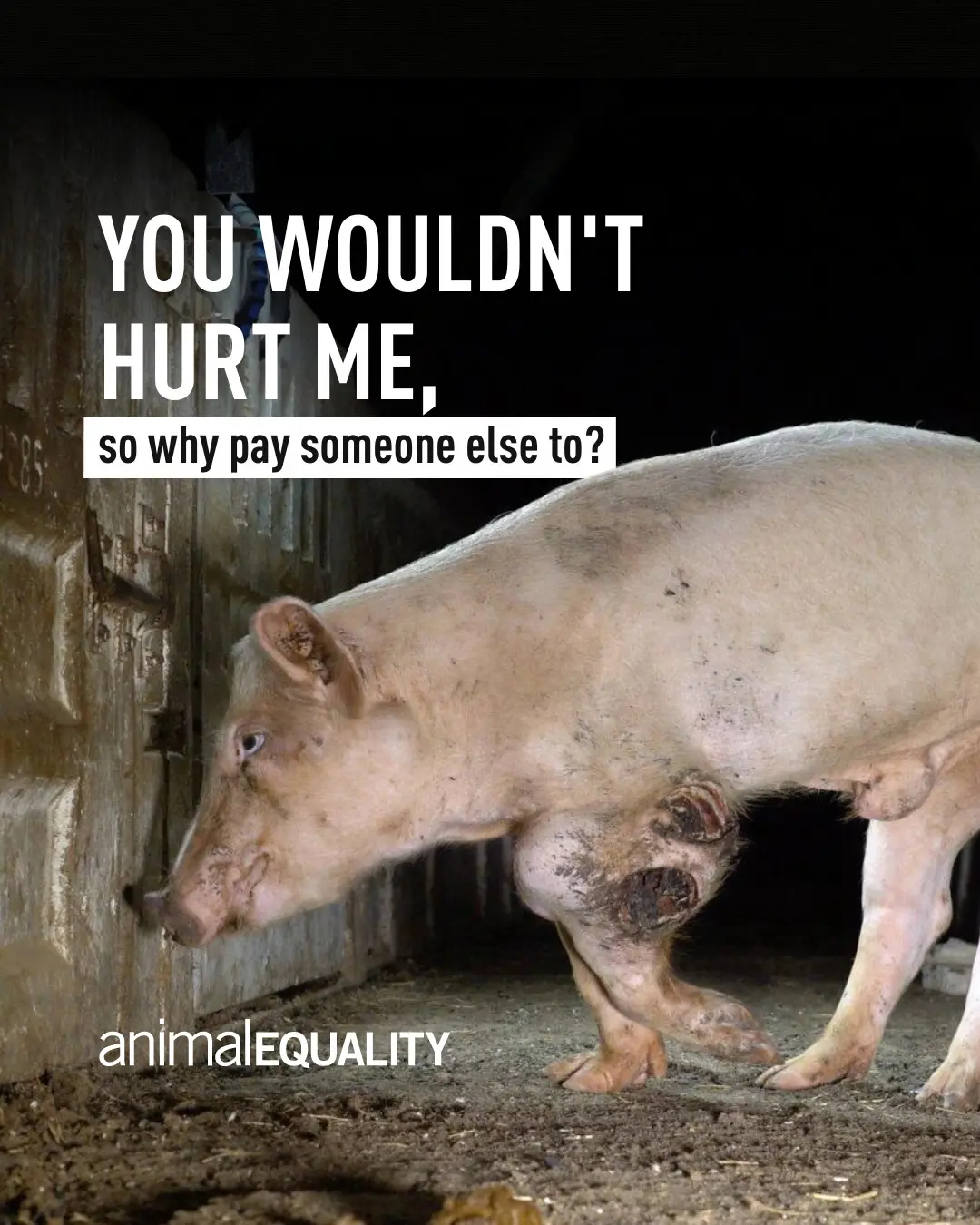Farm animals often exist in shadows, concealed from the everyday realities of consumers who partake in the products they provide. Yet, beneath the surface of industrialized agriculture lies a pervasive issue: animal cruelty. Understanding how to report incidents of cruelty against these sentient beings is crucial in fostering empathy and effecting systemic change. This article delves into the modalities of reporting, the significance of advocacy, and the ethical obligations we owe to these voiceless creatures.
When one witnesses acts of cruelty towards farm animals, the response should be immediate and decisive. Knowing the right steps to take can catalyze action against inhumane treatment. Typically, these abuse cases manifest in factory farms, livestock transport, and slaughterhouses where oversight is minimal. However, the first step often begins with education—understanding what constitutes cruelty is essential. Physical abuse, neglect, and even psychological distress are pertinent markers that should never go unnoticed.
Before you report an instance of cruelty, document your observations rigorously. This includes taking photographs, noting specific behaviors, and detailing the conditions in which the animals are kept. Comprehensive documentation serves not just as evidence but as a vital tool in advocacy, enabling organizations and authorities to act upon your claims effectively.
Once you’ve amassed the necessary evidence, identify the appropriate authorities responsible for animal welfare in your region. In many jurisdictions, local animal control agencies or humane societies are equipped to handle such reports. Larger scale violations often require intervention from state or federal agencies such as the Department of Agriculture or specific animal welfare task forces. Establishing the correct channel is imperative for ensuring that your concerns are addressed promptly and effectively.
Moreover, engaging with advocacy groups proves to be an invaluable resource. Organizations dedicated to animal rights can provide guidance on the intricacies of reporting, often possessing a wealth of expertise in dealing with cases of cruelty. They may also assist in mobilizing public support, thus amplifying the urgency of the situation. Building a coalition with like-minded individuals can bolster the reporting process and may apply pressure on entities that often enact change when they feel the public is watching.
Ethics play a foundational role in our treatment of animals, especially in farming contexts. Animals are sentient beings capable of experiencing pain, fear, and emotional distress. The ethical principles of kindness, respect, and stewardship toward farm animals highlight the moral imperative of reporting cruelty. When we acknowledge the ethical ramifications of our choices, we inevitably shift our perspective toward viewing animals not as mere commodities but as beings deserving of compassion.
This paradigm shift invites introspection. Consider the consumer choices we make on a daily basis. Do we question the origins of our food? Do we understand the implications of animal agriculture on the well-being of creatures caught in this system? By cultivating awareness and advocating for better practices, individuals can foster a culture that prioritizes animal welfare. As consumers demand higher standards, producers may be compelled to alter their practices, thus reducing the prevalence of cruelty.
Moreover, digital platforms have transformed the landscape of advocacy, making it easier than ever to raise awareness about cases of cruelty. Social media serves as a powerful outlet for sharing disturbing revelations surrounding farm animal treatment. Viral campaigns have mobilized public outcry, pressuring corporations to scrutinize their supply chains and pledge to animal welfare standards. By utilizing these platforms, reports of cruelty gain visibility, prompting conversations that lead to action.
The implications of addressing farm animal cruelty extend beyond individual cases; they resonate within larger societal frameworks. Ethical treatment of animals is intrinsically linked to the broader conversation about sustainable and humane agricultural practices. Acknowledging the interdependence of these discussions paves the way for innovative solutions—a shift toward regenerative agriculture, plant-based diets, and ethically sourced animal products.
In the pursuit of advocacy, it is crucial to remember that every voice counts. Whether you choose to report firsthand observations of cruelty or rally support for broader initiatives, your involvement can precipitate transformative change in how we treat farm animals. Each report, backed by evidence and collective effort, signals a refusal to turn a blind eye to suffering.
As the curtain lifts on factory farming practices, consumers can no longer feign ignorance. It is incumbent upon each of us to champion the cause of animal welfare, embracing our ethical responsibilities and aspiring toward a more compassionate world. To report cruelty not only alleviates the immediate suffering of farm animals but also cultivates a culture of accountability across the agricultural industry.
In conclusion, reporting cruelty is a multifaceted endeavor encompassing awareness, documentation, advocacy, and ethical consideration. It challenges the status quo and demands a reevaluation of our relationship with farm animals. Embracing this shift in perspective requires not just a reactive stance but a proactive commitment to fostering an environment in which animals can thrive free from fear and suffering. Indeed, the responsibility lies with us all to advocate for those who cannot advocate for themselves.








